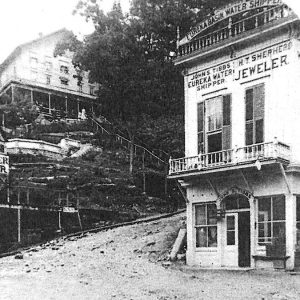 John Tibbs Office
John Tibbs Office
Time Period: Early Twentieth Century (1901 - 1940)
 John Tibbs Office
John Tibbs Office
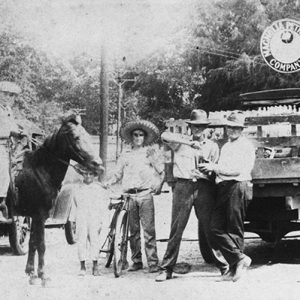 Tillar Street Scene
Tillar Street Scene
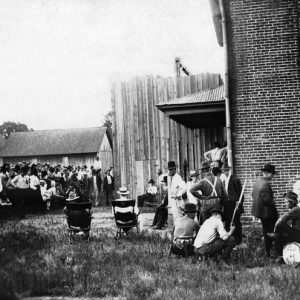 Arthur Tillman Hanging
Arthur Tillman Hanging
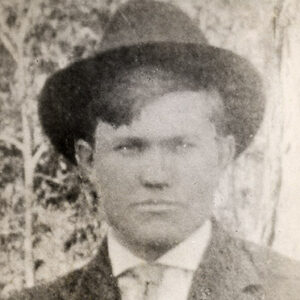 John Arthur Tillman
John Arthur Tillman
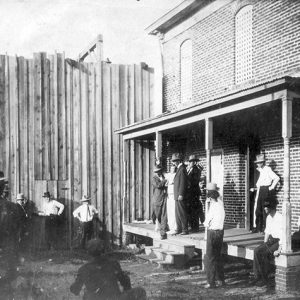 John Arthur Tillman
John Arthur Tillman
Tillman, John Arthur
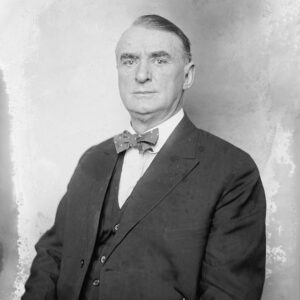 John N. Tillman
John N. Tillman
Tillman, John Newton
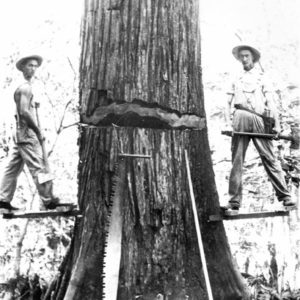 Timber Cutting
Timber Cutting
Times Dispatch (Walnut Ridge)
 Frank Tinker's Fighter Plane
Frank Tinker's Fighter Plane
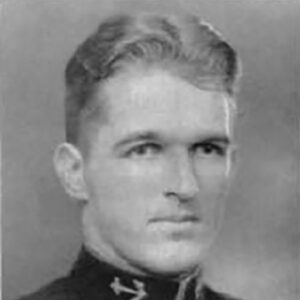 Frank G. Tinker
Frank G. Tinker
Tinker, Frank Glasgow
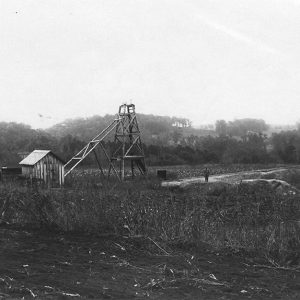 Titanium Mine
Titanium Mine
 Toad Suck Bridge
Toad Suck Bridge
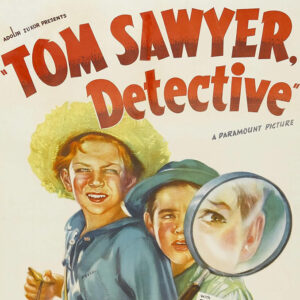 Tom Sawyer, Detective Poster
Tom Sawyer, Detective Poster
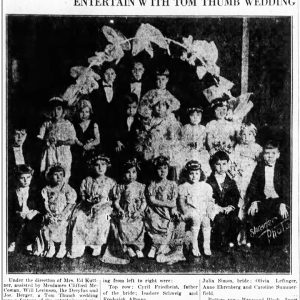 Tom Thumb Wedding
Tom Thumb Wedding
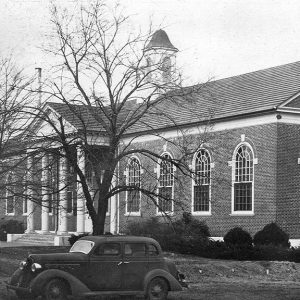 Tomlinson Hall
Tomlinson Hall
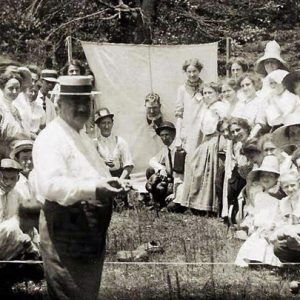 Tontitown Grape Festival
Tontitown Grape Festival
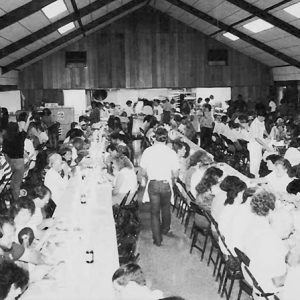 Tontitown Grape Festival Dinner
Tontitown Grape Festival Dinner
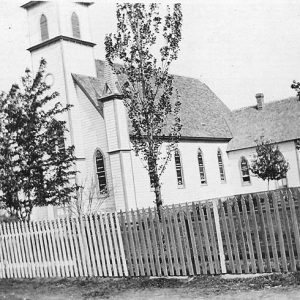 Tontitown Catholic Church
Tontitown Catholic Church
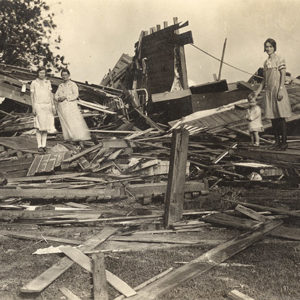 Strong Tornado Damage
Strong Tornado Damage
Tourist Camps, Tourist Courts, and Early Motels
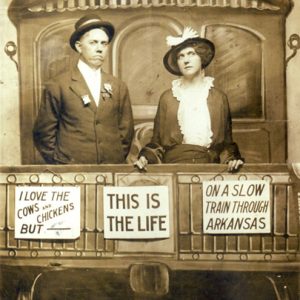 Tourist Couple
Tourist Couple
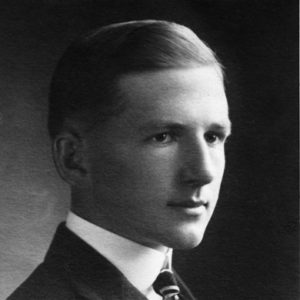 Cameron Townsend
Cameron Townsend
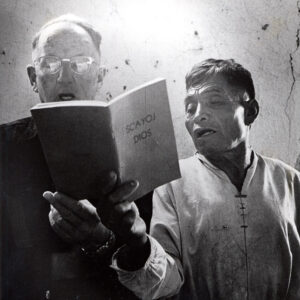 Cameron Townsend in Mexico
Cameron Townsend in Mexico
Townsend, Wallace
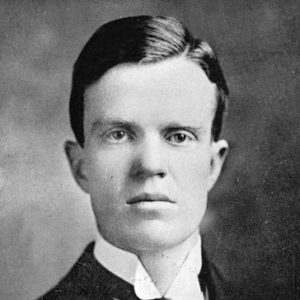 Wallace Townsend
Wallace Townsend
Townsend, William Cameron “Uncle Cam”
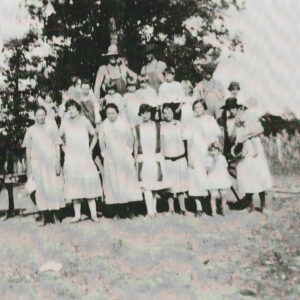 Tracy Ferry School
Tracy Ferry School
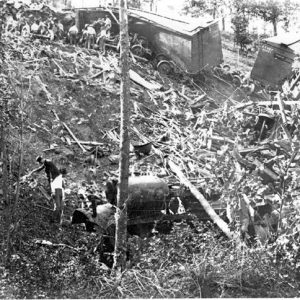 Train Wreck near Siloam Springs
Train Wreck near Siloam Springs
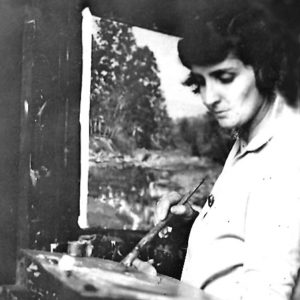 Kathryne Travis
Kathryne Travis
Travis, Kathryne Bess Hail
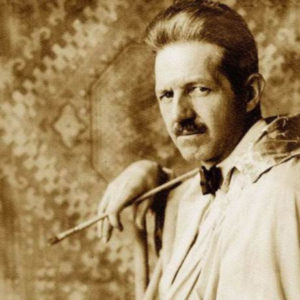 Olin Travis
Olin Travis
Travis, Olin Herman
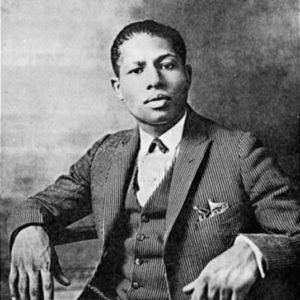 Phonnie Trent
Phonnie Trent
Trent, Alphonso E. “Phonnie”
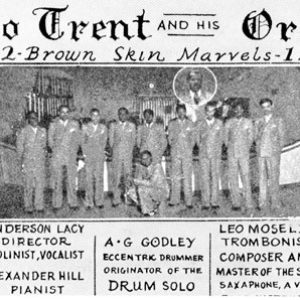 Alphonso Trent Orchestra
Alphonso Trent Orchestra
Tri-State League
Trieber, Jacob
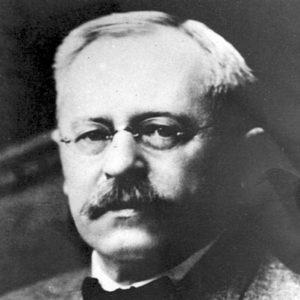 Jacob Trieber
Jacob Trieber
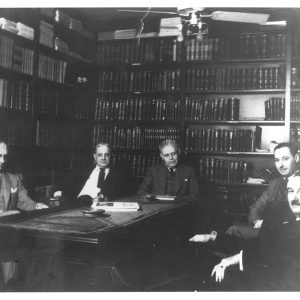 Trinity Hospital Founders
Trinity Hospital Founders
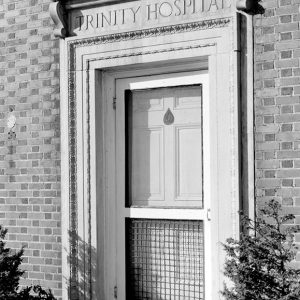 Trinity Hospital Entrance
Trinity Hospital Entrance
Trinity Hospital
Troop Train No. 571 Wreck of 1918
aka: Garland Troop Train Accident of 1918
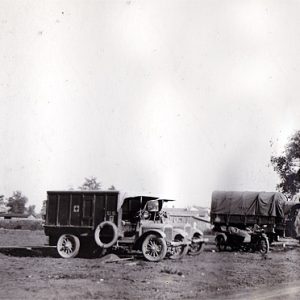 Troops at Elaine
Troops at Elaine
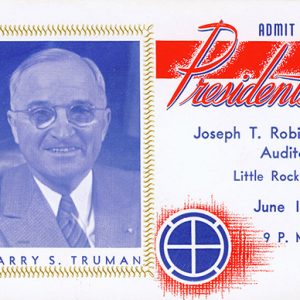 Truman Visit, 1949
Truman Visit, 1949
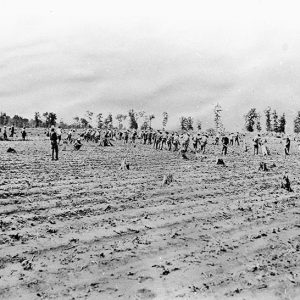 Tucker Inmates
Tucker Inmates
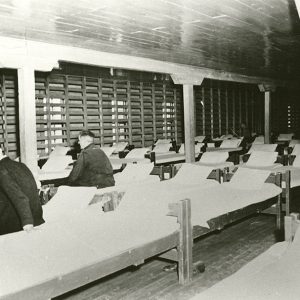 Tucker Barracks
Tucker Barracks




